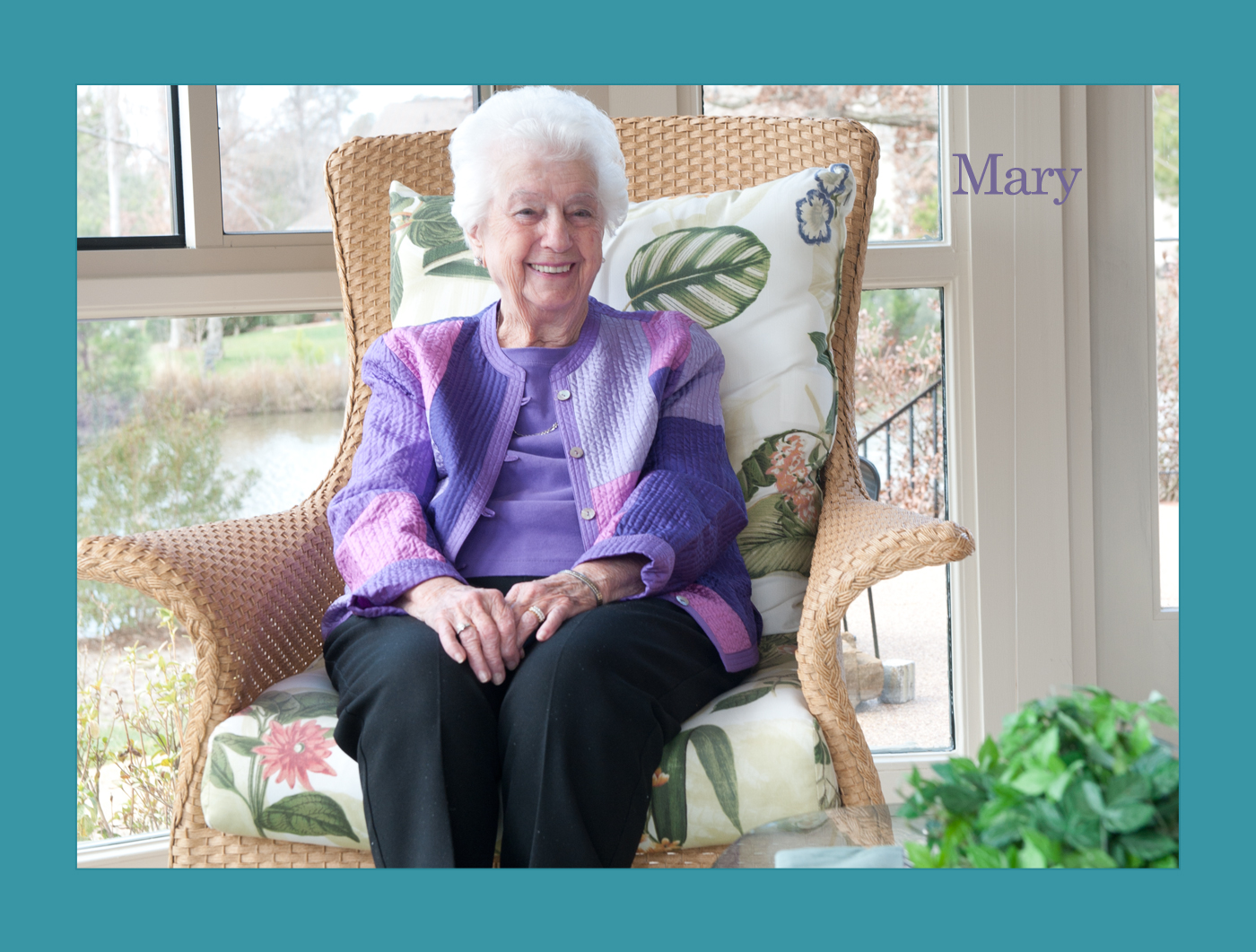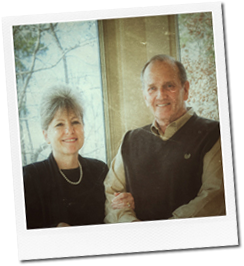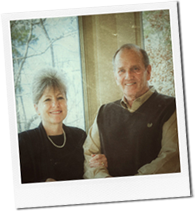“Every day is a great moment because I can feel I’m gaining strength. I’m very grateful for VCU. I’m thankful they did such a wonderful job.”
About a year ago, the only medication Mary Hostinsky required was a baby aspirin a few times a week. When the weather was nice, she’d walk a half-mile loop near the Williamsburg, Va., home she shares with her daughter and son-in-law, Cathy and Don Wilson; and when it wasn’t, she’d go to a nearby fitness center and walk 10 laps.
But then she started noticing shortness of breath. Ten laps turned to five, Don Wilson would have to take a chair on their neighborhood walks so that she could rest periodically and by the time she turned 95 in August, Hostinsky had difficulty breathing after very little exertion at all.
Her aortic valve, which regulates blood flow from the heart, had calcified and begun to deteriorate, robbing her body of oxygen-rich blood. Had she been diagnosed with severe aortic stenosis even a year earlier, there would have been very little doctors could have done. At her age, the risk of putting her through open-heart surgery to replace the valve would have been too great and, left untreated, the condition carries a 50 percent probability of death within two years.
But Hostinsky wasn’t willing to give up her walks or family barbecues or shopping stints. And, thanks to a new treatment being offered at the VCU Pauley Heart Center, she wouldn’t have to.
As soon as Hostinsky’s cardiologist mentioned transcatheter aortic valve replacement (TAVR) as an option, Don Wilson called VCU to learn more about the procedure, which uses an image-guided catheter inserted into the femoral artery to deliver a new valve to the aorta. Once there, doctors inflate a small balloon to open and compact the deteriorated valve before anchoring the new valve in place.
“From the moment Don spoke with Delia Yanes, nurse coordinator, we felt like we connected right away,” Cathy Wilson said. “That really set the stage for everything that followed, and you really couldn’t imagine a better experience. Everyone was just so sincere with my mother, not to mention compassionate, accessible and reassuring, which is the best gift you can give a daughter.”
Though developed specifically for patients like Hostinsky for whom surgery is not an option, the Pauley Heart Center team, led by Derek Brinster, M.D., director of thoracic aortic surgery and associate professor in the Division of Cardiothoracic Surgery, and Zachary Gertz, M.D., director of structural heart disease and assistant professor in the Division of Cardiology, still wanted to conference with Hostinsky’s primary care physician, cardiologist and oncologist to determine whether she’d be able to return to her quality of life following the procedure.
“That was the best moment for me,” Hostinsky recalled, “when they all got together to make sure and said, ‘Yes, she’s a candidate.’”
After undergoing the procedure on Dec. 12, 2012, less than 90 days after her diagnosis, Hostinsky faced an eight-day hospital stay for monitoring (during which the team made sure her daughter was allowed to remain at her bedside) and is now in the midst of a cardiac rehabilitation program to build her endurance.
“Every day is a great moment because I can feel I’m gaining strength,” Hostinsky said. “I’m very grateful for VCU. I’m thankful they did such a wonderful job.”
And, she added, though each session is a challenge, she looks forward to it because she knows it will allow her more time with Cathy and Don Wilson, as well as her six grandchildren, eight great-grandchildren, and the nearly 100 friends and relatives who helped her celebrate her 95th birthday — all of whom shouldn’t be surprised to find an invitation to another party marking 100.





